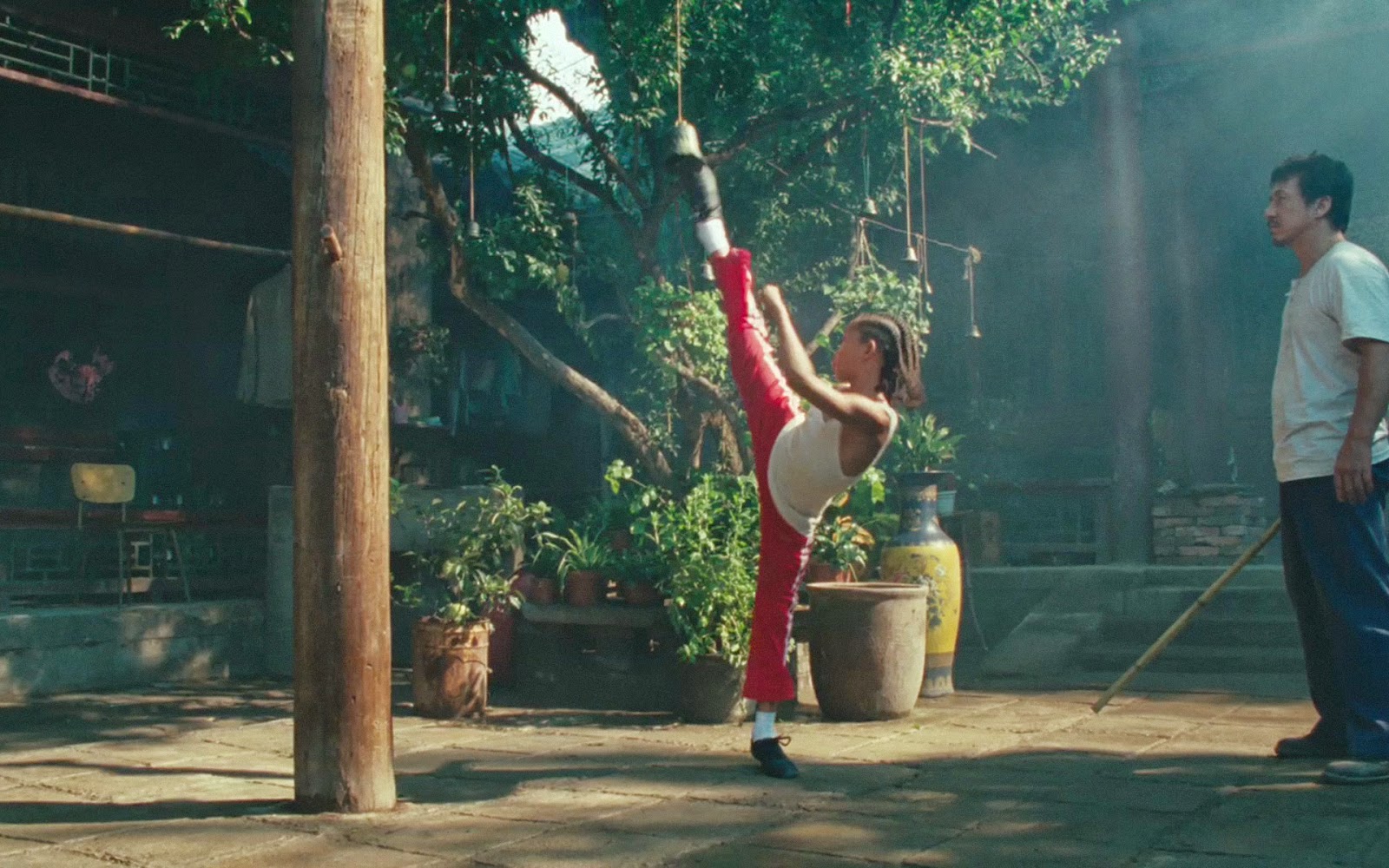Demons Inside
There
is an interesting scene in the 2010 movie, 'The Karate Kid' where the
young Dre asks Mr. Han if he could teach him how to control other
people and Mr. Han replies saying, "There is only one person you
need to control (yourself)."
The
first step towards changing the world is changing ourselves. Mother
Teresa said, "If everyone cleaned their doorstep, the whole
world would be clean." It is a cynical world at times and we
often find ourselves mirroring its cynical actions. On July 10 this
year, Obama had this to say about cynicism, "Cynicism didn't win
a war or put a man on the moon." We find faults with others'
conduct and way of being. The one person whose behaviour we overlook,
however, is our own. Let's start focusing on that because that
is from where all the results in our life will flow. I love this
phrase coined by Stephen. R. Covey, 'circle of influence'. Our
behaviour is the one thing that is in our circle of influence. We
have complete power over it. No one and nothing can take our consent
for something unless we give it. It is something that we own. But I
think that we tend to disown that ownership too many times. Almost as
if someone else or something else came and decided things for us. We
have to start holding ourselves accountable for what we do. We expect
a lot of accountability when it comes to others. We do not refrain
from being even judgemental. But let's just be as harsh in judging
ourselves.
The
great Indian mystic, Kabir, once wrote,
"I
searched for the crooked, met not a single one
When
searched myself, "I" found the crooked one."
Our
'I' always tries to put the blame on others, Kabir asks us to dive
deep into our own selves first for that is where we meet the biggest
crook at times.
In
the novel, 'Heart of Darkness' by Joseph Conrad, Marlow hears Kurtz
weakly whisper, 'The horror! The horror!" as he dies. The
quote, perhaps the most famous from the whole book, is Kurtz's dying
words. It sums up the horror of what he's seen, what he's done,
what's going on in the Congo, and perhaps the horror of man's
inhumanity to man in the name of a concepts like wealth or power. But
mostly it is an existential comment by a 'superman' of Nietzsche who
had the strength to travel into the inner stations of his mind and
draw a clear conclusion. And that is what prompts Marlow to discuss
'the horror' quote in the following way: "This
is the reason why I affirm that Kurtz was a remarkable man. He had
something to say. He said it. Since I had peeped over the edge
myself, I understand better the meaning of his stare, that could not
see the flame of the candle, but was wide enough to embrace the whole
universe, piercing enough to penetrate all the hearts that beat in
the darkness. He had summed up—he had judged. 'The horror!' He was
a remarkable man. After all, this was the expression of some sort of
belief; it had candor, it had conviction, it had a vibrating note of
revolt in its whisper, it had the appalling face of a
glimpsed truth—the strange commingling of desire and hate. And it
is not my own extremity I remember best—a vision of grayness
without form filled with physical pain, and a careless contempt for
the evanescence of all things—even of this pain itself. No! It is
his extremity that I seem to have lived through. True, he had made
that last stride, he had stepped over the edge, while I had been
permitted to draw back my hesitating foot. And perhaps in this is the
whole difference; perhaps all the wisdom, and all truth, and all
sincerity, are just compressed into that inappreciable moment of time
in which we step over the threshold of the invisible. Perhaps! I like
to think my summing-up would not have been a word of careless
contempt. Better his cry—much better. It was an affirmation, a
moral victory paid for by innumerable defeats, by abominable terrors,
by abominable satisfactions. But it was a victory! That is why I have
remained loyal to Kurtz to the last, and even beyond, when a long
time after I heard once more, not his own voice, but the echo of his
magnificent eloquence thrown to me from a soul as translucently pure
as a cliff of crystal."
My
English professor told me that not everyone can travel inside of
himself. Many fear to do so. Because it involves seeing some truths
we don't want to see. In the song, 'Demons', Dan Reynolds sings,
"Don't
get too close
It's
dark inside
It's
where my demons hide
It's
where my demons hide."
If
we are to get anywhere, we must discover those demons and slay them or the horror awaits us!





Comments
Post a Comment